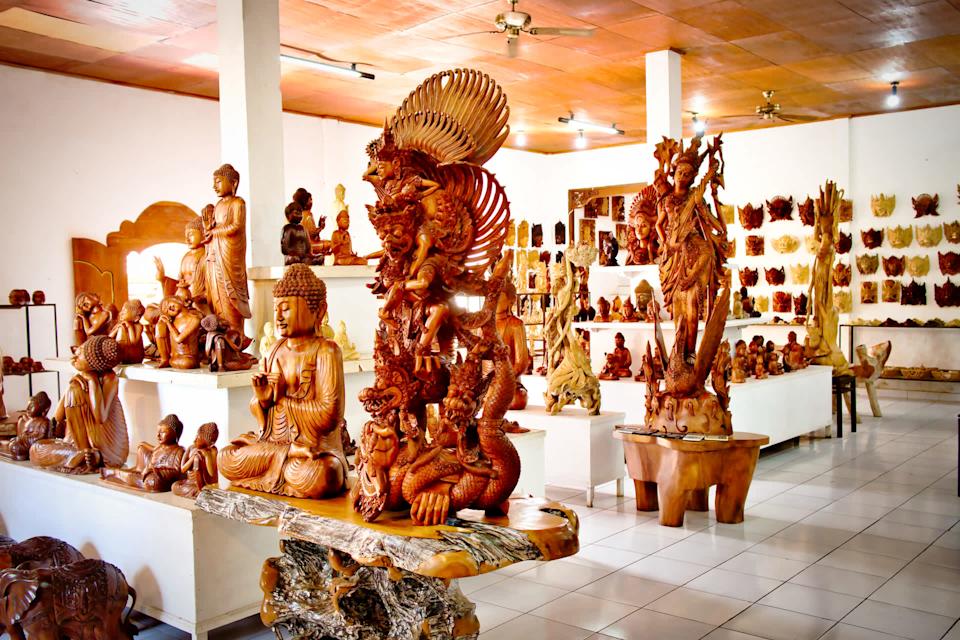It’s perfectly reasonable for any tourist to want to collect a few souvenirs to remember an enjoyable trip.
However, according to researchers from Oxford Brookes University, popular tourist shops in Bali contain a large assortment of illegally obtained skulls of primates. The practice is jeopardizing the safety of a sizable portion of threatened species, per reports by Eco-Business.
What’s happening?
According to a recent study published in the journal Primate Conservation, two researchers uncovered a disturbing market for primate skulls in Indonesia. As noted by the study, the market appears to be most active on the island of Bali, which caters “primarily to international tourists.”
The study was conducted in eight separate assessments between 2013 and 2024. The researchers indicated that four towns and a temple complex in Bali served as the main hub for the market.
Throughout the 11 years of the study, the researchers observed 754 primate skulls that included macaques, langurs, proboscis monkeys, and orangutans. According to the IUCN Red List, the proboscis monkey and several species of macaques and langurs are considered to be threatened species.
To make matters worse, the study reveals that the primate skulls mainly originated from Java and Indonesian Borneo. In fact, there was “minimal local sourcing” when it came to supplying the skulls inside the shops. This points to the likelihood of illegal animal trading activity in the region.
Watch now: Giant snails invading New York City?
Why is the illegal wildlife trade important?
According to the World Wildlife Fund, the illegal wildlife trade impacts hundreds of millions of animals and plants each year. The trade severely damages animal populations all throughout the globe. This leads to the possible destruction of delicate ecosystems and region-specific habitats. Not only does this threaten animals, but it can also disrupt the balance of our food chain.
While many people might picture the illegal wildlife trade as a seedy underworld, this is not always the case. Study co-author Vincent Nijman from the Oxford Wildlife Trade Research Group at Oxford Brookes told Eco-Business that the primate skull market isn’t exactly a well-kept secret.
“People always think that wildlife trade happens in dark alleys or under the table. Not this trade,” Nijman said. “It is literally in glass cases, in shop windows, on shelves. It’s there for all to see.”
What’s being done about the illegal wildlife trade?
For now, there are a few ways that people are helping to fight the illegal wildlife trade. The easiest method is awareness campaigns to help persuade potential buyers against smuggling items such as primate skulls. Without demand, the illegal wildlife trade would reduce the supply.
|
Should tourists be responsible for cleaning up their own trash? Click your choice to see results and speak your mind. |
According to the World Wildlife Fund, addressing the illegal wildlife trade through stricter legislation can also go a long way in reducing its impact. By promoting tighter laws, illegal traders may be deterred from continuing their practice.
“It would be beneficial to all if simple, appropriate action is taken. And that simply means shutting down this trade,” Nijman told Eco-Business. “Don’t buy wildlife. There’s no real need for it.”
Join our free newsletter for good news and useful tips, and don’t miss this cool list of easy ways to help yourself while helping the planet.
Yahoo News – Latest News & Headlines
Read the full article .


